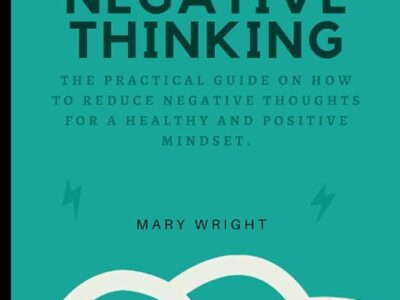In recent years, the demand for mental health services has been on the rise, and with it, the popularity of online therapy. This mode of treatment offers an alternative to traditional face-to-face sessions, allowing individuals to seek help from the comfort of their own homes. While convenience is a significant factor, it’s essential to examine whether online therapy is truly worth it when it comes to addressing mental health concerns.
The accessibility factor
One key advantage of online therapy is its accessibility. For those living in remote areas, finding a mental health professional can be challenging, if not impossible. Online therapy eliminates geographical barriers, making it easier for people to access care regardless of their location. Additionally, for those struggling with mobility issues or social anxiety, attending in-person appointments can be incredibly daunting, further emphasizing the value of virtual mental health services.
Affordability and flexibility
Another point to consider when weighing the merits of online therapy is cost. In many cases, online therapy can be more affordable than traditional in-person counseling, as overhead costs such as office space are eliminated. Some platforms offer sliding scale fees or subscription-based models, making it easier for individuals to find a plan that suits their budget.
Beyond affordability, the flexibility of scheduling is another attractive feature of online therapy. With no need to commute to appointments, clients have more freedom to schedule sessions at times that work best for them, potentially leading to better attendance and engagement in the therapeutic process.
Effectiveness of stand-alone online therapy
While accessibility, affordability, and flexibility are undeniable benefits, the question remains: Is online therapy effective as a stand-alone treatment option? Research has begun to shed light on this subject, with some studies suggesting that online therapy may be as effective as traditional in-person counseling for certain mental health issues.
Cognitive-Behavioral Therapy (CBT)
One well-studied modality in the realm of online therapy is Cognitive-Behavioral Therapy (CBT). CBT focuses on helping individuals identify and change maladaptive thought patterns and behaviors. Research has shown that internet-based CBT can be highly effective in treating conditions such as anxiety, depression, and obsessive-compulsive disorder.
Text-based therapy
Another popular form of online therapy involves using text messages or chat platforms to communicate with a therapist. Some research has indicated that text-based therapy can be beneficial in reducing symptoms of depression and anxiety. However, more extensive, long-term studies are needed to determine the overall effectiveness of this mode of treatment.
Are there limitations to online therapy?
While the research appears promising, it’s important to acknowledge that online therapy may not be suitable for everyone or every situation. Some potential limitations include:
- Lack of non-verbal cues: In-person therapy allows for the observation of body language and other non-verbal cues that can provide valuable information for therapists. These cues may be missed during online sessions, potentially limiting the depth of the therapeutic relationship.
- Technology-related challenges: Not everyone is comfortable with technology or has access to reliable internet connections, which could impact the quality and consistency of care.
- Severe mental health concerns: Online therapy may not be appropriate for individuals experiencing severe or complex mental health issues, as these cases may require more intensive, specialized care.
Building a comprehensive mental health plan
Ultimately, the effectiveness of online therapy will depend on factors such as the individual’s specific needs, the type of treatment being provided, and the quality of the therapeutic relationship. For some individuals, stand-alone online therapy may be sufficient to address their concerns, while others may benefit from a combination of online and in-person care.
As research continues to evolve, it is essential for both clients and therapists to stay informed about the potential benefits and limitations of online therapy. By considering all available options and taking into account personal preferences and circumstances, individuals seeking mental health support can make informed decisions about whether online therapy is worth pursuing as part of their overall wellness journey.




Comments